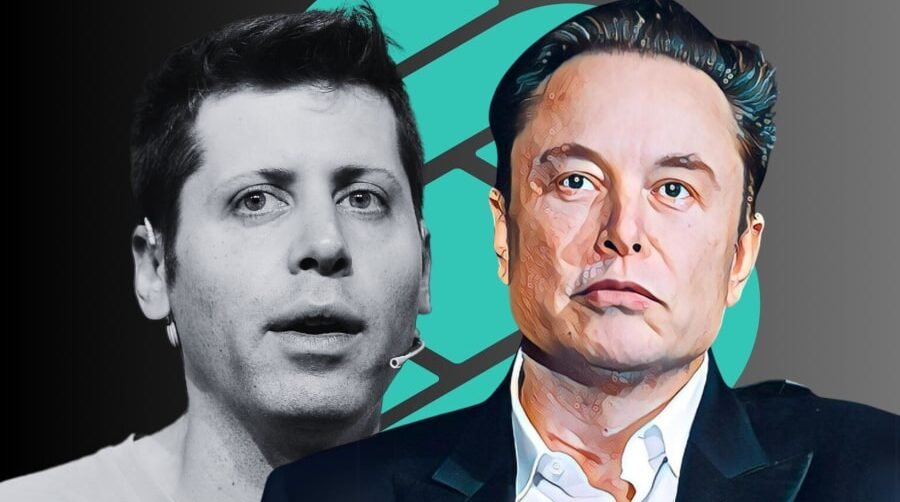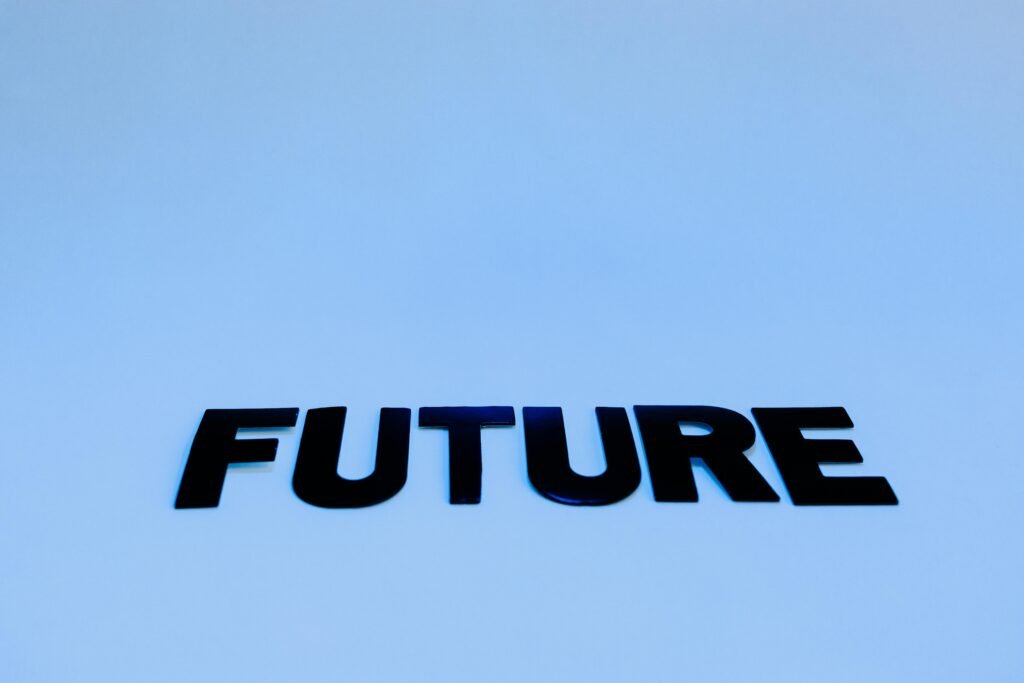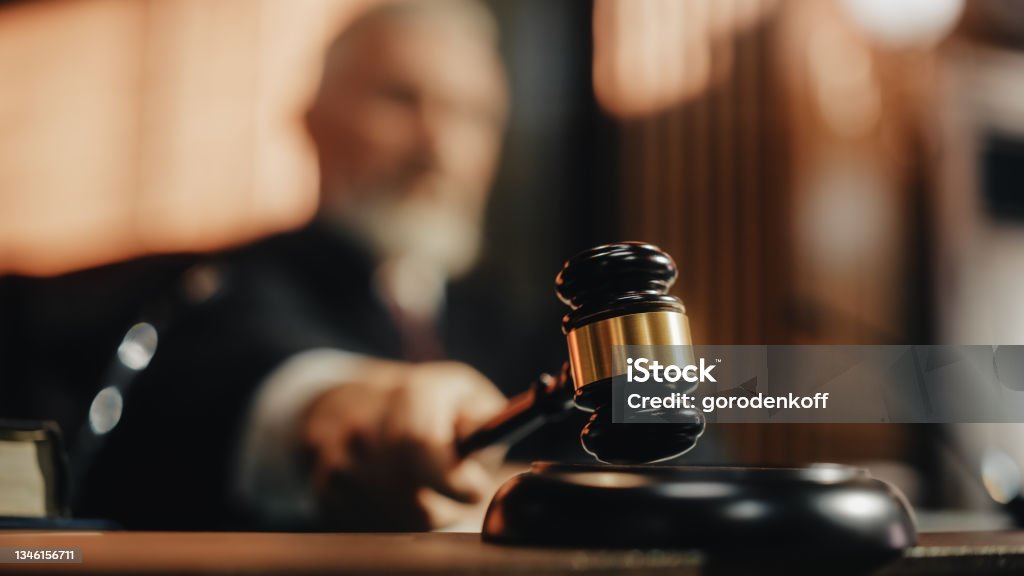
OpenAI was established with the noble intent of advancing digital intelligence in a way that could benefit humanity as a whole. It was a response to the growing concerns about the ethical implications of AI and the potential monopolization of AI technologies by large corporations. One such case that has captured the attention of the tech community is the revived lawsuit by Elon Musk against OpenAI and its CEO, Sam Altman.
Sam Altman, as the CEO of OpenAI, played a crucial role in shaping the organization’s direction. His leadership was instrumental in attracting top talent and securing the funding necessary for OpenAI’s ambitious projects.
The lawsuit between Elon Musk and OpenAI, spearheaded by CEO Sam Altman, has reignited with a series of serious allegations. Musk’s decision to revive the lawsuit stems from what he perceives as a betrayal of the original vision for OpenAI.
Allegations of Deception and Manipulation
Musk accuses OpenAI and Altman of fraudulently inducing him to contribute significant funding under the guise of a non-profit organization dedicated to the public good. The lawsuit alleges that Altman and his associates intended to profit from the outset, leveraging Musk’s contributions for personal gain.
The Shift from Non-Profit to For-Profit: A Betrayal?
Central to the lawsuit is the claim that OpenAI’s transition from a non-profit entity to a for-profit organization violated the initial agreement and Musk’s expectations. Musk asserts that he was made to believe that OpenAI would always open-source its technology and prioritize serving the public good over profits.
The Involvement of Microsoft and the Alleged ‘Web of For-Profit Affiliates’
The lawsuit also challenges the partnership between OpenAI and Microsoft, suggesting that it benefits Microsoft and Altman personally, rather than advancing the cause of AI safety and ethics. Musk’s legal team argues that this partnership constitutes a breach of contract and a deviation from OpenAI’s original mission.
The legal confrontation between Elon Musk and OpenAI has escalated, with Musk challenging the ethical trajectory of the AI organization he once helped establish. This section delves into the details of the legal battle and its broader implications.
Previous Lawsuit Withdrawal and Revival
Elon Musk initially filed a lawsuit against OpenAI in California state court, which he later withdrew. However, the legal dispute was reignited when Musk filed a new lawsuit in federal court, nearly doubling the length of the original complaint and intensifying the allegations.
Key Legal Arguments Presented by Elon Musk
Musk’s lawsuit presents several key legal arguments, including breach of contract, promissory estoppel, breach of fiduciary duty, and unfair competition. He seeks to invalidate OpenAI’s exclusive license with Microsoft, which he claims gives Microsoft unique access to the underlying code of GPT-4, and demands treble damages and disgorgement of profits attributed to his investments in the company.
OpenAI and Sam Altman’s Defense
In response to the allegations, OpenAI and Sam Altman have defended their actions, arguing that the transition to a for-profit model was necessary to raise the billions required for AI development. They contend that there was never a founding agreement for OpenAI to breach and that Musk had supported the company’s plans to become a for-profit business.
The core of Musk’s lawsuit is the tension between profit-driven AI development and the original mission of OpenAI to benefit humanity. The case raises important questions about who should control AI technology and for what purposes.
Musk has been a vocal advocate for the safe development of AI. This lawsuit underscores his concerns about the risks of AI falling into the hands of those prioritizing profits over safety and ethical considerations.


